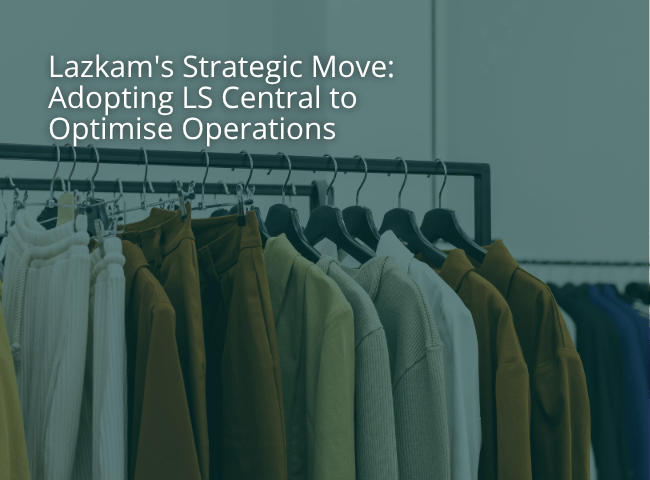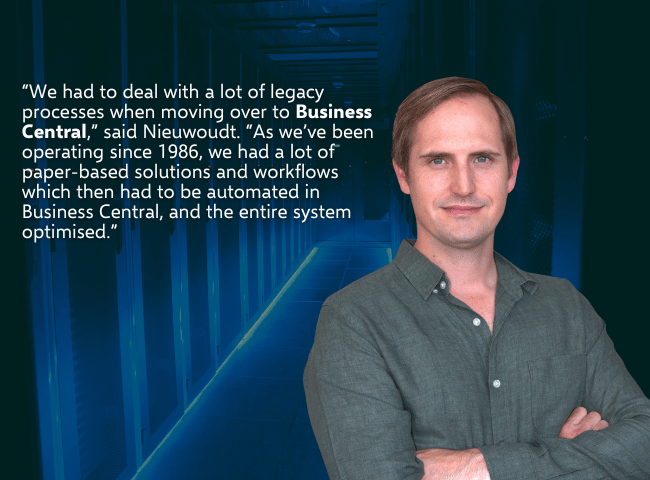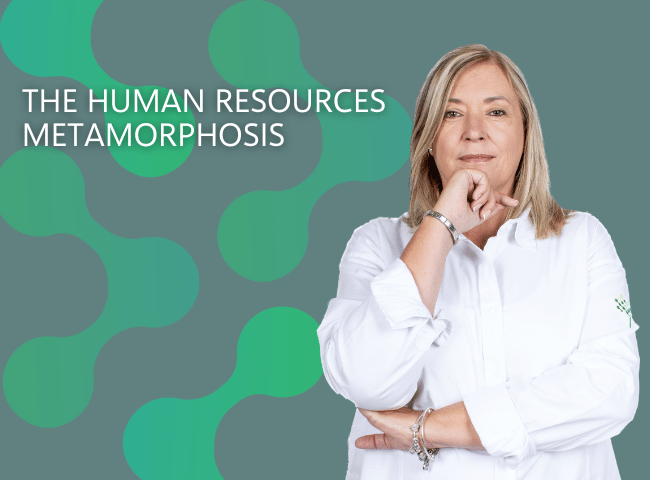In a significant stride towards transforming the healthcare sector, Microsoft unveiled a suite of cutting-edge AI-driven analytics and data solutions at the HLTH conference in Las Vegas. This groundbreaking initiative, inspired by Microsoft Fabric, is set to revolutionise patient care and clinician experiences. Let’s delve into the innovations Microsoft introduced and understand the potential impact of these technologies.
Introducing Microsoft Fabric for Healthcare
Microsoft Fabric, an end-to-end unified analytics platform, has found a groundbreaking application in healthcare. This tailored solution, known as Microsoft Cloud for Healthcare, focuses on integrating healthcare data and analytics to create standardised, scalable solutions for improving patient care. Here’s what it offers:
Data Integration: One of the pivotal features of Microsoft Fabric is its ability to aggregate data from various sources within healthcare organisations. This includes electronic health records, lab systems, claims data, and medical devices. The data is organised in a Fabric data lake, adhering to open data standards, enabling data transformation and customisation for specific use cases.
Multimodal Data Foundation: Fabric establishes a multimodal data foundation that supports standardised, scalable solutions. This paves the way for valuable clinical and operational insights and enhances patient care.
OMOP Analytics: Microsoft Fabric includes Observational Medical Outcomes Partnership (OMOP) analytics, which facilitates clinical research and personalised patient engagement.
De-Identification Service: Privacy is paramount in healthcare, and Microsoft Fabric introduces a de-identification service that safeguards patient-protected health information (PHI). Machine learning models are employed to extract, redact, or surrogate identifiers, ensuring data privacy.
Governance and Data Management: To effectively manage their data, healthcare organisations can utilise pre-built classification rules, labels, and data glossaries within Microsoft Purview, designed specifically for the healthcare sector.
Prominent healthcare organisations, including Northwestern Medicine, Arthur Health, and SingHealth, have already announced their plans to leverage Microsoft Fabric for various purposes. These applications span from integrating clinical data to ensuring regulatory compliance and unlocking insights to deliver high-quality patient care and services.
Healthcare-specific Models for Azure AI Health Services
The enhancements to Azure AI services play a crucial role in improving patient outcomes. Azure AI Health Insights introduces prebuilt models that simplify complex medical data, extract key events from unstructured information, and offer insights into radiology data. Microsoft introduced three new models:
Patient Timeline: Using generative AI, this model extracts critical events from unstructured data, such as medications, diagnoses, and procedures, organising them chronologically. This provides clinicians with a more accurate view of a patient’s medical history, aiding in care planning.
Clinical Report Simplification: This model simplifies complex medical terminology, making it more accessible to both clinicians and patients. It retains essential clinical information while presenting it in simpler language.
Radiology Insights: Designed to enhance the efficiency and quality of patient care, this model identifies errors and inconsistencies within clinical documentation. It also highlights follow-up recommendations and clinical findings, particularly regarding measured sizes.
AI Health Bot
Microsoft’s AI Health Bot brings generative AI capabilities to healthcare chatbots and virtual assistants. This feature, currently in preview, offers healthcare intelligence that can be customised and integrated into existing workflows. It leverages information from healthcare organisations’ content sources and provides credible information from trusted institutions like the National Institutes of Health and the U.S. Food and Drug Administration.
Dragon Ambient eXperience (DAX) Copilot
In an effort to address clinician burnout, Microsoft introduced the Dragon Ambient eXperience (DAX) Copilot. This solution allows clinicians to automatically create clinical summaries from patient interactions, saving valuable time and enhancing the overall healthcare experience
The Analyst's Perspective – Steve McDowell (Principal analyst and founding partner at NAND Research)
Microsoft’s new offerings in healthcare are underpinned by Responsible AI principles, ensuring trust and integrity in data management. These technologies are poised to foster connected experiences, collaboration, workforce empowerment, and the extraction of value from clinical and operational data, all within the framework of industry-relevant data standards.
Microsoft Cloud for Healthcare takes center stage in these innovations, offering tailored data solutions, application templates, and AI services to address specific healthcare challenges. This marks just the beginning of industry-tailored solutions from Microsoft, with the potential to drive significant efficiencies in the healthcare sector.
In conclusion, Microsoft’s foray into healthcare, as inspired by Microsoft Fabric, promises to revolutionise the industry by addressing the perennial challenge of disparate data. With the power of AI-driven analytics and innovative data solutions, Microsoft is well-positioned to make a lasting impact on the healthcare landscape, ultimately improving patient care and enhancing clinician experiences. This is indeed a momentous step towards a healthier future.








